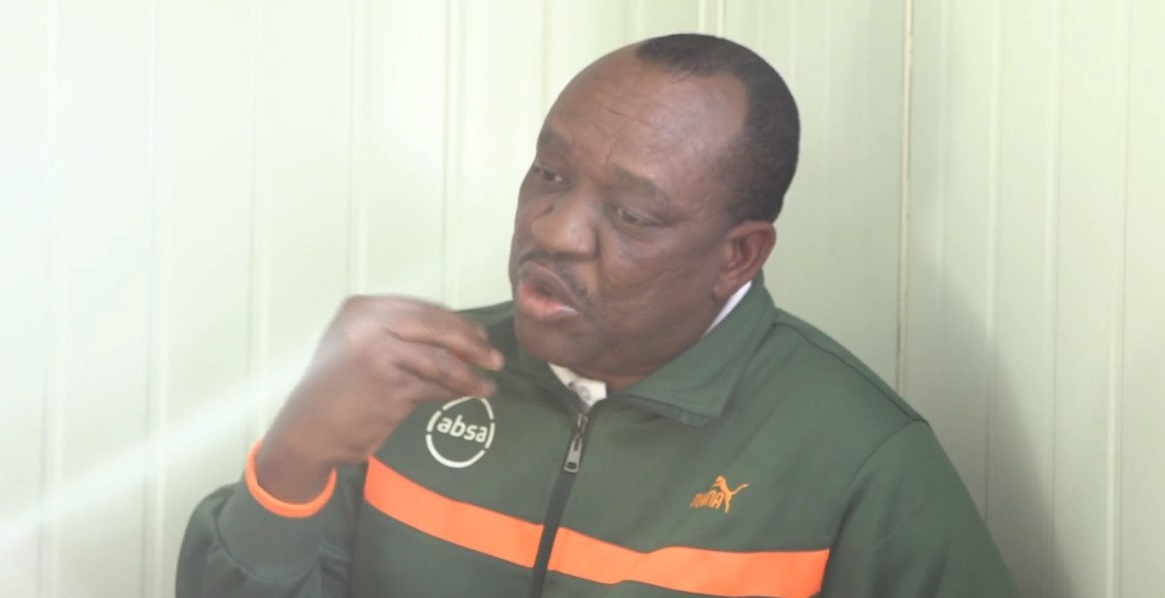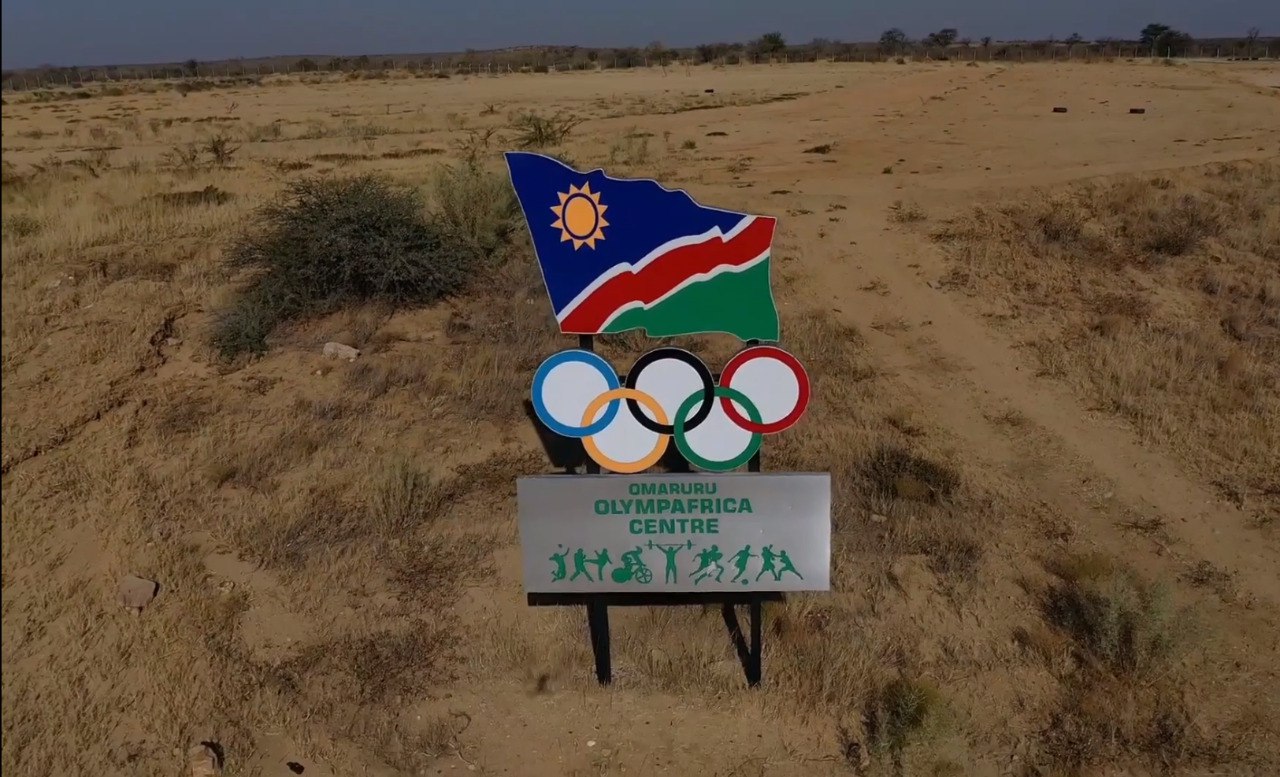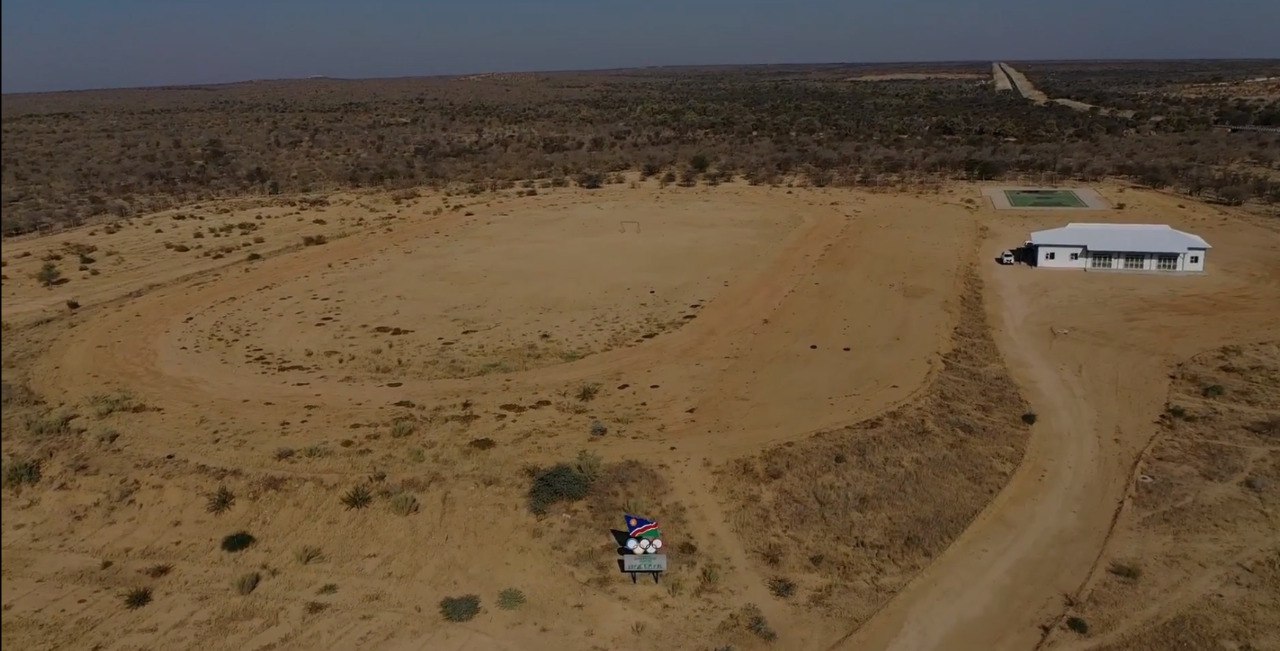Levelling the playing field through football
Football
Young soccer teams from the Erongo region will converge in Omaruru for the quarter-finals, semi-finals and final of the O! Yes OlympAfrica Youth Empowerment Through Sport 2024 program.
The Omaruru regional sports office in collaboration with the Namibia National Olympic Committee (NNOC) extended invitations to schools in the region to participate.
Bethold Karumendu, the Erongo regional sports officer who also serves as the head of the Omaruru OlympAfrica Centre, says the tournament focuses on the educational and social development of boys and girls aged from 10 to 15 or older, to sustain their development through instilling Olympic values in them.
“Participants and their entourages will experience the positive values of sport (such as respect, fair play, teamwork, inclusivity and gender equality) and become aware of their importance both on the field of play and in everyday life,” said Karumendu.
At least three girls should be on the field of play. “A squad consists of 12 players of which four must be girls. If not, your team will be incomplete and will be disqualified.”
Road map
The tournament kicked off last weekend, with the knockout stages continuing until 15 May in the respective zones.
The quarter-finals and semi-finals will be hosted on 18 May in Omaruru. The respective winners for the U11, U13 and U15 age groups from eight zones (Daures A, Daures B, Karibib, Omaruru, Swakopmund A, Swakopmund B, Walvis Bay A and Walvis Bay B sports zone) will compete in the quarter-finals and semi-finals.
The finals is set for 20 July at the OlympAfrica Centre at Omaruru.
According to Karumendu, tournament organisers will arrange transport and lunches for teams competing in the semi-finals and finals.
“Teams should consist of 12 players (8 boys and 4 girls), a team manager, coach and a female chaperone. The two teams who win the semi-final for each age group will have to come back and play the finals on the O! Yes Day Final staged in Omaruru.
“We will also include other codes to create a sports festival on the day of the finals.”
Methodology
The tournament follows a three-part methodology inspired by street football.
“Each game has three stages. In the first stage, participants will establish the rules of the game. In the second stage, participants should apply these rules and in the third stage they will reflect on the game and draw lessons from it.
“Each game is an opportunity to develop useful skills applicable on the field, at home, in school and at work. Instead of using a referee, each team will have an educator and coaches present to foster and facilitate dialogue which is encouraged as a tool for conflict resolution during the game,” Karumendu said.
The winners of the U11 age category will pocket gold medals and the losing team silver medals. The U13 and U15 winners will receive trophies and gold medals and the runners-up will get silver medals.
A trophy will be awarded to the team with the best values/ / best spirit in each of the three age groups.
The Omaruru regional sports office in collaboration with the Namibia National Olympic Committee (NNOC) extended invitations to schools in the region to participate.
Bethold Karumendu, the Erongo regional sports officer who also serves as the head of the Omaruru OlympAfrica Centre, says the tournament focuses on the educational and social development of boys and girls aged from 10 to 15 or older, to sustain their development through instilling Olympic values in them.
“Participants and their entourages will experience the positive values of sport (such as respect, fair play, teamwork, inclusivity and gender equality) and become aware of their importance both on the field of play and in everyday life,” said Karumendu.
At least three girls should be on the field of play. “A squad consists of 12 players of which four must be girls. If not, your team will be incomplete and will be disqualified.”
Road map
The tournament kicked off last weekend, with the knockout stages continuing until 15 May in the respective zones.
The quarter-finals and semi-finals will be hosted on 18 May in Omaruru. The respective winners for the U11, U13 and U15 age groups from eight zones (Daures A, Daures B, Karibib, Omaruru, Swakopmund A, Swakopmund B, Walvis Bay A and Walvis Bay B sports zone) will compete in the quarter-finals and semi-finals.
The finals is set for 20 July at the OlympAfrica Centre at Omaruru.
According to Karumendu, tournament organisers will arrange transport and lunches for teams competing in the semi-finals and finals.
“Teams should consist of 12 players (8 boys and 4 girls), a team manager, coach and a female chaperone. The two teams who win the semi-final for each age group will have to come back and play the finals on the O! Yes Day Final staged in Omaruru.
“We will also include other codes to create a sports festival on the day of the finals.”
Methodology
The tournament follows a three-part methodology inspired by street football.
“Each game has three stages. In the first stage, participants will establish the rules of the game. In the second stage, participants should apply these rules and in the third stage they will reflect on the game and draw lessons from it.
“Each game is an opportunity to develop useful skills applicable on the field, at home, in school and at work. Instead of using a referee, each team will have an educator and coaches present to foster and facilitate dialogue which is encouraged as a tool for conflict resolution during the game,” Karumendu said.
The winners of the U11 age category will pocket gold medals and the losing team silver medals. The U13 and U15 winners will receive trophies and gold medals and the runners-up will get silver medals.
A trophy will be awarded to the team with the best values/ / best spirit in each of the three age groups.







Kommentar
Allgemeine Zeitung
Zu diesem Artikel wurden keine Kommentare hinterlassen